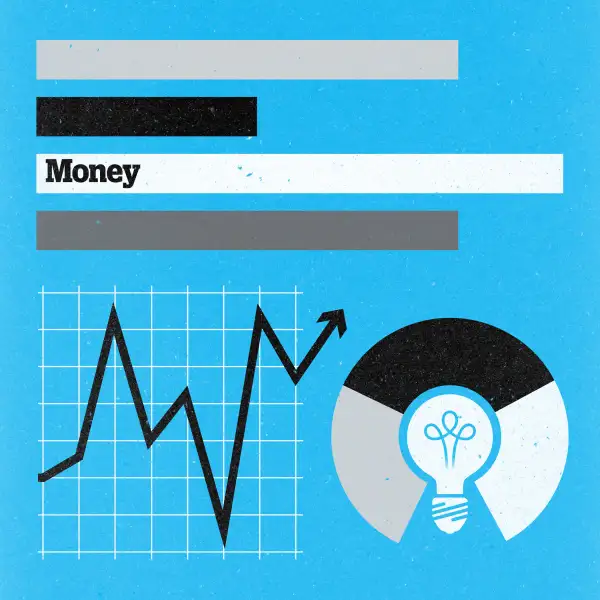How to Invest an Inheritance
Money is not a client of any investment adviser featured on this page. The information provided on this page is for educational purposes only and is not intended as investment advice. Money does not offer advisory services.

Q: I'm 22 years old and inherited quite a bit of money from a parent who passed away. What is the best thing to do with the money in terms of investing and long-term growth? — Val
Step One:
Before all else, you want to look at how this money fits into your overall finances, says Ken Moraif, a certified financial planner and senior advisor with Dallas wealth management firm Money Matters.
Do you have high-interest debt, such as a car loan or credit cards? If you do, it makes sense to use some of this gift to pay off the debt, says Moraif — but don’t use it as a license to overspend.
On the other hand, if you have a mortgage outstanding, hang onto that. After factoring for low rates and tax deductions for interest on that loan, your inheritance is better put to work elsewhere. Ditto for student loans, for which interest may also be tax deductible.
Step Two:
Take a look at your cash cushion. If you don’t have one, consider tucking away a small portion of your inheritance in a savings account. Ideally, you want to set aside enough to cover three to six months of expenses. By keeping some cash on the sidelines, you won't have to tap your investments (perhaps at an inopportune time) if you get into a bind.
Step Three:
Before you think about specific investments, you’ll want to figure out the best investment vehicle for you. If you have access to a tax-advantaged 401(k) retirement plan, bump up your contributions so you’re on track to contribute the maximum ($18,000 in 2015).
The money will need to come from your paycheck, says Moraif, but you can use some of your inheritance to supplement your income if need be. Likewise, you can also set up a Roth IRA and tuck away up to $5,500 a year.
In a Roth, you won’t be able to make tax-free contributions, but your investments will grow tax free and won’t be subject to tax when you withdraw – assuming you do so after age 59½. “You want to take full advantage of any tax breaks,” says Moraif. “Those are grand slams.”
Step Four:
With the ground work laid, then you can finally look at where exactly to invest your money. The answer will depend on how much you inherited and how much you ultimately think you need.
If you are looking for a single place to park your inheritance over the long term, look for a low-cost index fund that offers broad, inexpensive exposure. The Vanguard Total Market Index fund (VTSMX), for example, holds more than 3,700 U.S. stocks of all sizes, across virtually all sectors.
This is a good place to start, but you will eventually want to look at further diversifying with international stock fund, alternative funds and even bond funds. If your retirement plan or brokerage offers target-date funds, this is one way to get the right balance. These funds base their allocation (mix of stocks and bonds) for your target retirement age and automatically shift the allocation as you get closer to your retirement date.
Of course, depending on just how large of an inheritance you’re talking about, you may want a more tailored allocation – one that is just aggressive enough to get your nest egg to where you need it.
“Your asset allocation should be a function of your hurdle rate,” he says. “You only want to take as much risk as is necessary to accomplish your financial goals.”
Read next: Buying or Selling a Home in 2015? Here’s What You Need to Know